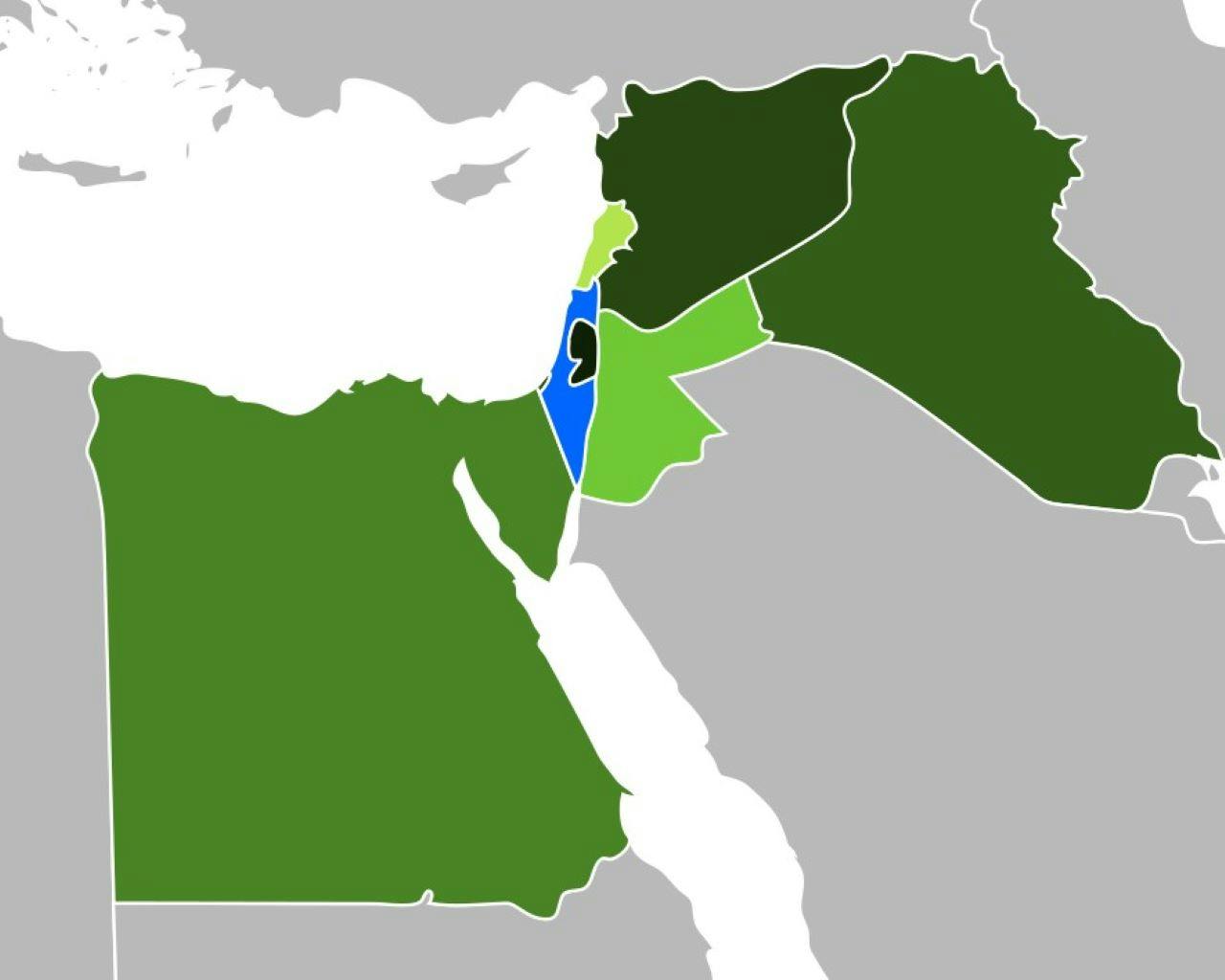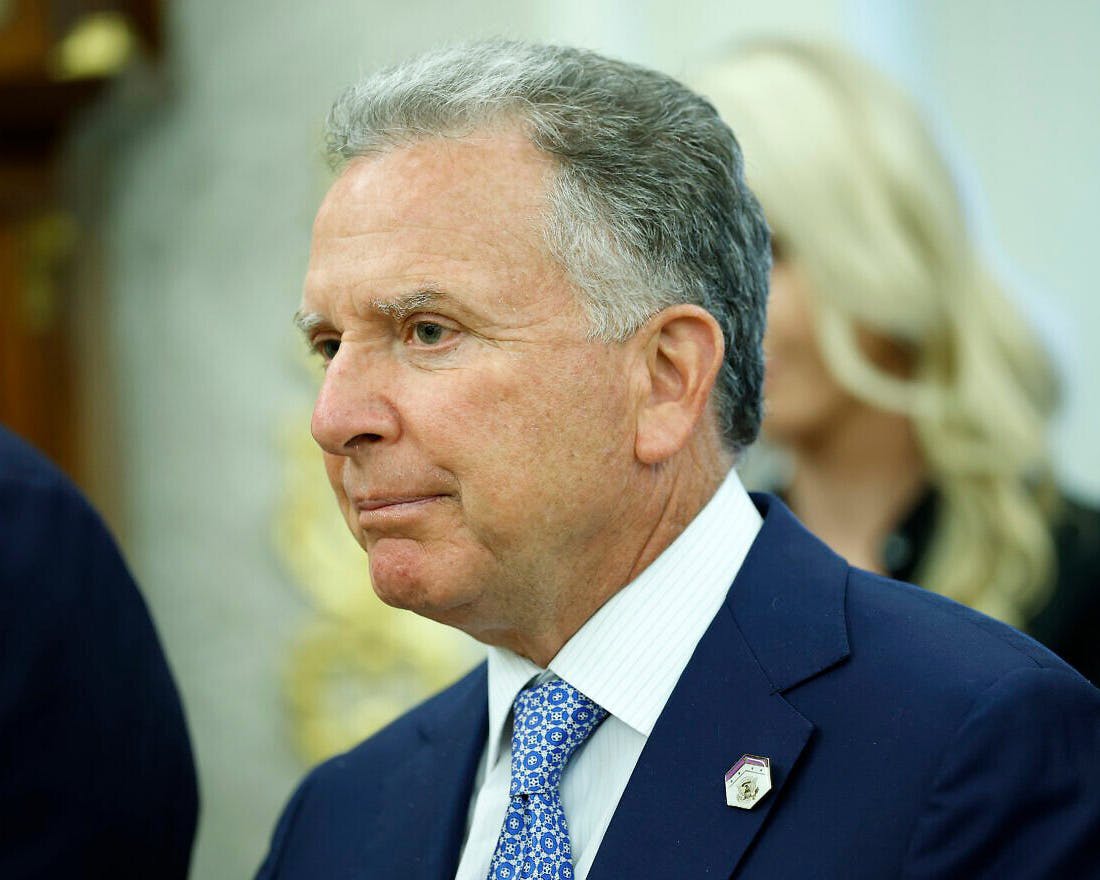Israel and Syria’s Secret Talks: A Path to Peace


Wednesday, 28 May 2025 | Israel and Syria have held secret face-to-face talks in recent weeks to prevent conflict along their shared border in the Golan Heights, sources familiar with the discussions told Reuters. The negotiations, mediated by the United Arab Emirates (UAE), Qatar and Azerbaijan, focus on maintaining stability following the collapse of Syria’s Assad regime in December 2024. Speculation has emerged recently about Syria potentially joining the Abraham Accords, but significant obstacles, including the status of the Golan Heights complicate any broader agreement.
The talks aim to reduce tensions and avoid conflict in the Golan Heights, a region Israel captured from Syria in 1967 and annexed in 1981. “They are about preventing war” a source told Reuters. The fall of Bashar al-Assad’s government, which had maintained a tense but stable border with Israel, led to the formation of a transitional government headed by President Ahmed al-Sharaa. Syria’s new leader has displayed willingness to engage with Israel, a shift from the longstanding hostility of the Assad regime.
The United States has encouraged the talks, seeking to counter Iran’s influence and expand the Abraham Accords, which normalized relations between Israel and the UAE, Morocco, Bahrain and Sudan in 2020. The UAE, a key player in the Accords, has facilitated the Israel–Syria discussions. Al-Sharaa confirmed the UAE’s role in a May 7, 2025 press conference in Paris, indicating openness to dialogue with Israel.
On May 14, 2025, US President Donald Trump met al-Sharaa in Riyadh, urging normalization with Israel and offering sanctions relief in exchange for actions like expelling foreign fighters and countering ISIS in Syria. Al-Sharaa has told US officials that Syria would consider joining the Abraham Accords “under the right conditions,” including halting Israeli airstrikes in Syria, and revisiting the status of the Golan Heights.
For now, the main thrust of the recent talks appears to have been about addressing Israel’s primary concern; securing its northern border, particularly with the risk of Iranian-backed militia exploiting Syria’s instability and the threat of cross-border attacks. Notably, tensions in Sweida, involving Druze groups and Sunni fighters, have eased since late April, partly due to the talks.
The meetings have been conducted in secrecy. Syrian security official Ahmad al-Dalati, appointed governor of the Quneitra province bordering the Israeli-occupied Golan Heights after the Assad regime’s collapse, has led Syria’s side in the talks. According to Reuters, the identities of Israel’s representatives are unconfirmed, though two sources indicated they are security officials. Reportedly, Israel has kept the talks confidential to avoid domestic criticism for engaging with a former adversary.
Al-Sharaa’s leadership of Hayat Tahrir al-Sham (translated as “Organization for the Liberation of the Levant”)–a Sunni Islamist militant group, which severed ties with Al-Qaeda in 2016, raises strong concerns about his reliability. Israel remains skeptical and cautious due to HTS’s extremist past, though al-Sharaa has taken steps to project an image of moderation, such as detaining Islamic Jihad members and meeting Jewish community representatives.
The Abraham Accords could provide Syria a framework into a Middle East realignment that could further diminish Iran’s influence in the region and strengthen Israel’s position. However, the Golan Heights could prove to be a major hurdle. Al-Sharaa, originally from the Golan, has not openly called for its return, though he has requested that its status be revisited in any discussions involving Syria joining the Accords. During a visit to Damascus in April 2025, US Congressman Marlin Stutzman met Syrian President Ahmed al-Sharaa, and said he expressed willingness toward negotiations with Israel. “He also mentioned the Golan Heights, and it seems he is open to some kind of a deal regarding the area,” Stutzman said.
Public reactions vary. Some see Syria’s potential entry into the Abraham Accords as an historic shift. British historian, Simon Sebag Montefiore called it “extraordinary and a new era.” Others cite Syria’s domestic challenges and Israel’s stance on the Golan as impassable barriers. Al-Sharaa faces pressure to balance Syria’s economic and political reconstruction needs with maintaining support among his base, some of whom may not share his common sense approach and openness toward Israel.
(Bridges for Peace, May 28, 2025)
Related Resources

Discover Your Purpose and God’s Heart For You
In today's divided, turbulent world, it's essential for the Church to rediscover God's heart. Our free e-book, authored by a seasoned expert with three decades of experience in Israel, delves deep into the teachings of Jesus (Yeshua) to reveal God’s principles of love and purpose. Learn how embracing these truths can bring significance and impact to your life, even amidst chaos. Subscribe now to receive your free copy and embark on a journey of transformation.




